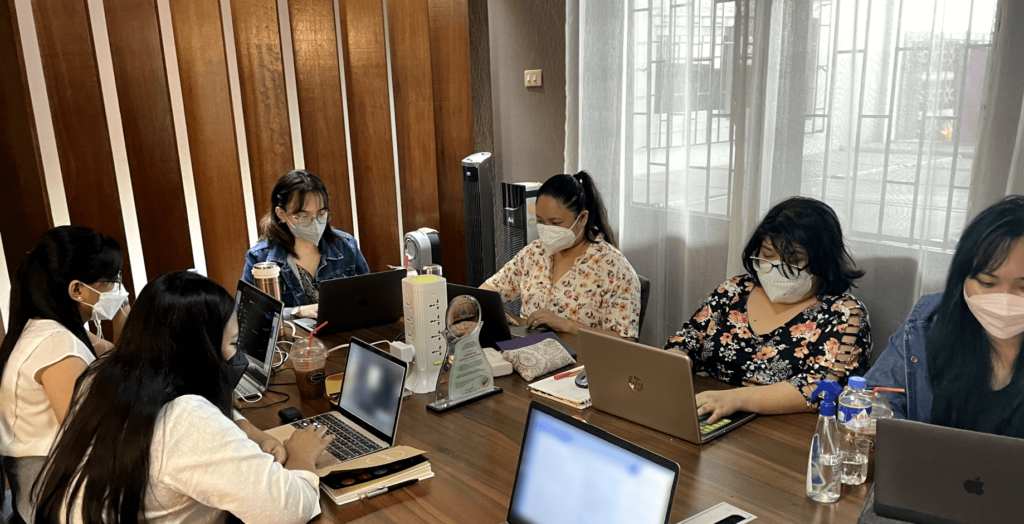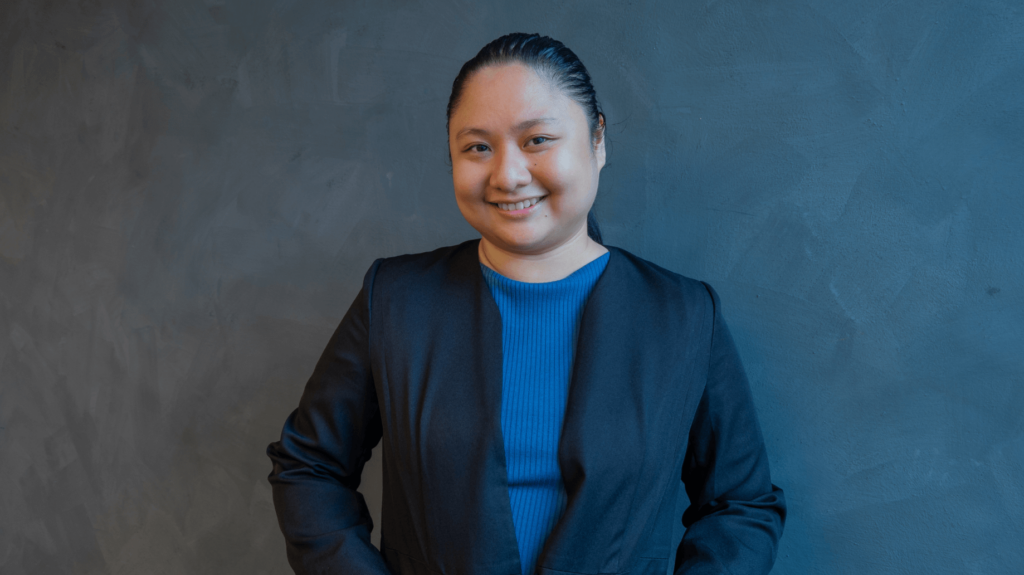
Lyzelle S. |
August 29, 2024
As I sit at my desk, surrounded by manuscripts in various languages, I can’t help but reflect on my journey as a Research Editor at Lexcode. It’s been four years since I joined this dynamic company, and each day brings new challenges and inspiration. In the fast-paced world of localization, my role as a research editor holds a special place that constantly reminds me of the power of knowledge and the importance of clear communication across linguistic boundaries.
My path to this position wasn’t straightforward. Like many in our field, I stumbled into localization and research editing by chance. With a background in aquatic ecology and a passion for scientific research, I was drawn to the intricate world of academic publishing. That’s why when the opportunity at Lexcode presented itself, I was intrigued by the prospect of combining my love for cutting-edge environmental sciences with my fascination for research.
What truly inspires me in this role is knowing that our work contributes directly to the advancement of society. Each manuscript that crosses my desk represents years of dedicated research, groundbreaking discoveries, and potential solutions to some of the world’s most pressing problems. By ensuring that these works are accurately translated and localized, we’re not just transferring words from one language to another—we’re building bridges between cultures and facilitating the global exchange of ideas.

I remember working on a paper that applied numerical simulations to assess damaged areas caused by debris flows, employing the LS-RAPID program while emphasizing the importance of terrain information. The research was conducted in South Korea, and our task, together with the translator, was to localize and edit it for an international journal. As I delved into the intricacies of the text, carefully preserving the author’s voice while making it accessible to a global audience, I was struck by the potential impact of this work. This research can help authorities create better risk maps, evacuation plans, and protective measures, potentially saving lives and reducing property damage in mountainous regions prone to such hazards. Moments like these remind me of our profound responsibility as research editors. Our work goes beyond mere linguistic translation—it’s about ensuring that groundbreaking discoveries and innovative solutions can be shared and implemented globally.
Of course, the job comes with its fair share of challenges. Navigating complex scientific terminology across languages, ensuring nuanced arguments retain their clarity, and meeting tight deadlines can be daunting. But these challenges keep me on my toes, constantly learning and growing in my role.
Another research I remember working on was developing a multifunctional wearable system that provides safety assistance for two-wheeled vehicle users. Conducted as well in South Korea, this research details a multifunctional wearable system that combines a helmet and clothing to enhance safety for users of two-wheeled vehicles (bicycles, motorcycles, and personal mobility devices). The system’s innovative features, which include gesture-controlled turn signals and brake lights, automatic accident detection and emergency notification, and driving photo capture, have the potential to significantly improve visibility, reduce accidents, and enable faster emergency response. More importantly, it addresses critical safety concerns for an increasingly popular mode of transportation in urban areas.
One of the most rewarding aspects of my job is collaborating with authors from diverse backgrounds. Their passion for their research is contagious, and it’s a privilege to work alongside them to ensure their ideas reach the broadest possible audience. Although these collaborations often occur via document comments and lengthy emails, I’ve found that these interactions often lead to valuable insights and a deeper understanding of the subject matter. It’s immensely gratifying to see the final published work, knowing that I made it accessible to a global readership.
The localization industry is evolving rapidly, with new technologies and methodologies emerging constantly. As research editors, we must stay abreast of these developments while maintaining the critical human touch essential to our work. Machine translation tools have certainly changed the landscape, but they’ve also highlighted the irreplaceable value of human expertise in understanding context, nuance, and cultural sensitivities.

Looking back on my four years at Lexcode, I am filled with a sense of pride and purpose. Each successfully localized and edited manuscript represents a small victory in the larger quest for global understanding and cooperation. Whether it’s a groundbreaking medical study, an innovative engineering solution, or a thought-provoking sociological analysis, knowing that our work helps disseminate this knowledge to a global audience is profoundly fulfilling.
As we move forward, I am excited about the future of research editing in localization. The increasing emphasis on open-access publishing and the growing recognition of the importance of linguistic diversity in academia present new opportunities and challenges for our field. By continuing to bridge linguistic and cultural gaps, we play a crucial role in fostering a more interconnected and informed global scientific community.
As I prepare to tackle the next manuscript on my desk—a promising study on psychology and education—I am reminded once again of why I love what I do. As I look ahead, I am excited to continue exploring the frontier of research editing, learning from my colleagues, and contributing to advancing knowledge across disciplines. The journey may be challenging, but the rewards of facilitating cross-cultural understanding and scientific progress make it all worthwhile. Here’s to many more years of bridging languages, cultures, and ideas in the fascinating world of localization.